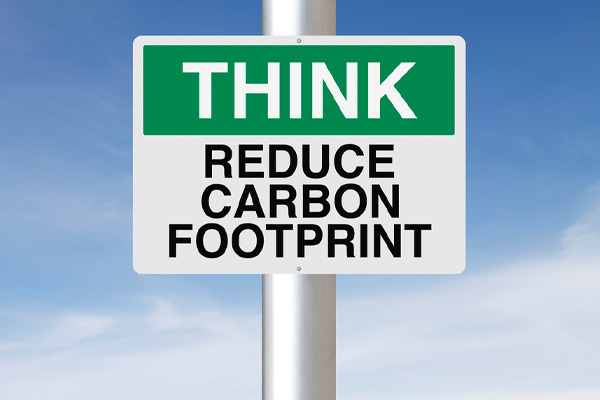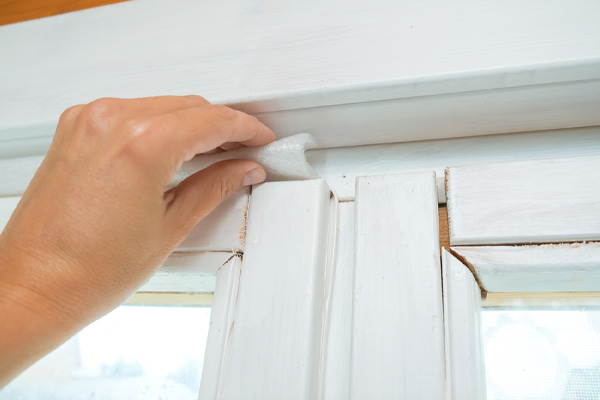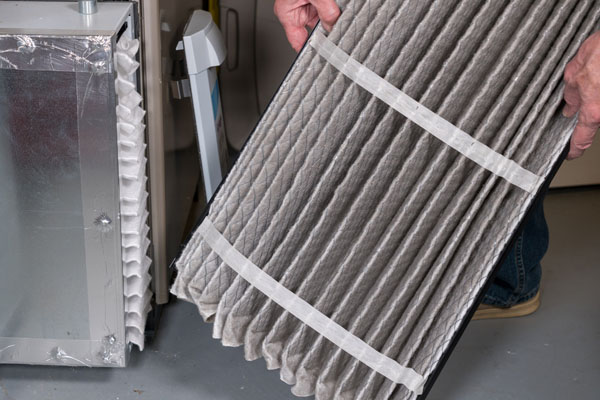Table of Contents
People often use carbon emissions to gauge the success of environmentally-friendly projects. Carbon emission pertains to carbon dioxide, or CO2, which is the compound animals and plants emit via respiration. Heating systems also release this compound into the atmosphere. This is a part of the natural heat generation process, but using a low-efficiency system causes more harm than good. Ultimately, it will cost you more down the line from repairs and replacements. The good news is that using a highly energy efficient heating system can provide comfort while ensuring safety and security.
Reducing Your Carbon Emissions Through An Energy Efficient Heating System

Heating systems are significant contributors to the carbon emissions level that build up within the Earth’s atmosphere. The best way you can help reduce emissions is to utilize a high-efficiency boiler or central furnace. The efficiency in heating systems is measured in annual fuel utilization efficiency or AFUE. This measures the system’s ability to convert fuel energy to heat energy through 12 years.
AFUE also indicates the unit’s heat output ratio over the total fuel consumed. Higher AFUE ratings mean more efficient heating systems. For instance, a 90% AFUE rating means the heating system can combust 90% of its fuel to produce heat while the remaining 10% is released into the atmosphere via a vent or chimney.
Boilers or furnaces are typically the heating systems with the highest AFUE ratings. Their highest AFUE ratings usually range from 95% to 98.5%. These systems may have a higher price than systems with lower AFUE ratings, but they have lower operational costs, so you save money in the long run.
Identifying A High-Efficiency Heating System
Most heating systems with low-efficiency ratings have around 55% to 70% AFUE ratings. They also typically need a continuous pilot light to run. Moreover, they have heavy heat exchangers and are equipped with a feature ensuring the safe flow of combustible gasses.
Several moderately efficient models have AFUE ratings ranging from 80% to 83%. They typically aren’t equipped with a pilot light and rely on electric ignition instead. They may also have exhaust fans for regulating the flow of air and gasses.
Lastly, a high-efficiency system has a sealed combustion component and uses two heat exchangers to condense flue gasses and improve the unit’s efficiency.
Related Article: How Big Does My Home Propane Tank Size Need To Be?
Reasons Older Heating Systems Aren’t As Efficient As New Systems
Like other machines, age will catch up to your heating system regardless of how well-built it may be. Older systems fall into wear from regular use. The system may be maintained well, but some components will eventually break or be damaged. These parts may need to be replaced or repaired. Older systems also aren’t equipped with the technology newer models are designed and built with that improves their efficiency. Modern systems are designed and made to be better at producing enough heat and more dependable in fuel usage than older units.
Getting Your Carbon Emission Levels Under Control
Once you’ve installed a high-efficiency heating system, following these steps can help you lower your carbon emissions more and save on energy expenses:
Related Article: Why Is Propane Environmentally Friendly?
1. Seal Air Leaks

Air leaks allow warm air to be released into the environment and let cold air inside. The common culprits for leaks include holes, cracks, doors, windows, and joints. Inefficient insulation also poses a problem and should be resolved before winter arrives. You may find that simple solutions can resolve most air leak problems. Remember that the earlier you identify air leaks, the faster they are remedied.
2. Install Programmable Thermostats
Programmable thermostats provide improved control over your indoor temperatures. It allows you to program settings to optimize efficiency and achieve maximum comfort whenever and wherever in your home. For example, you can set your thermostat to decrease the temperature as you leave for the day and increase it before you arrive home. You can also program your system to keep running or turn off automatically even when you aren’t home.
Related Article: 10 Ways to Save Money on Heating Oil Costs
3. Replace HVAC Air Filters Regularly

Clogged air filters prevent HVAC systems from functioning efficiently. Air filters capture dirt, dust, and other particles in the air. These pollutants can accumulate over time, resulting in warm air being unable to pass through the filters. You may have noticed your system becoming inefficient with a dirty air filter. Clean or change the filter regularly so your heating system remains in good condition.
4. Lower Thermostat Settings In Winter
This may seem counterintuitive, but lowering the temperature by one or two degrees will significantly reduce your energy usage and keep your system healthy. This is because it doesn’t push it to work too hard. You can stay warm by wearing a few layers of clothes indoors during the winter.
Related Article: Questions To Ask When Choosing A Propane Company
Conclusion
We undoubtedly need to learn how to utilize our energy resources responsibly and carefully. Our actions today will have consequences in the future. Choosing high-efficiency heating systems can reduce our home’s carbon emissions. It also helps promote a cleaner environment and even save on cost down the line. This is a winning situation for everyone involved.
Call Lake Region Energy For All Your HVAC Requirements

Lake Region Energy is the leading provider of top-quality heating and cooling services in Maine and New Hampshire. We hire the best professionally certified technicians who are experts in HVAC repairs, installations, replacements, and tune-ups. All our techs are skilled, knowledgeable, and experienced to service your HVAC system correctly.
Our company guarantees highly competitive heating and cooling service prices in the region. Our maintenance services help you achieve better comfort, increased energy efficiency, and reduced cooling and heating expenses. We offer the best solutions within your budget if you require an HVAC repair or replacement system. All of our work is guaranteed because your satisfaction is essential to us. Schedule a service appointment and call Lake Region Energy today. We offer free, in-home estimates.
For more information about our fuel deliveries and HVAC services, be sure to contact Lake Region Energy. You can click here to contact us, or you can call us at (207) 839-5500 to find out more. We offer a full line of heating and cooling repairs, maintenance services, and installations.
